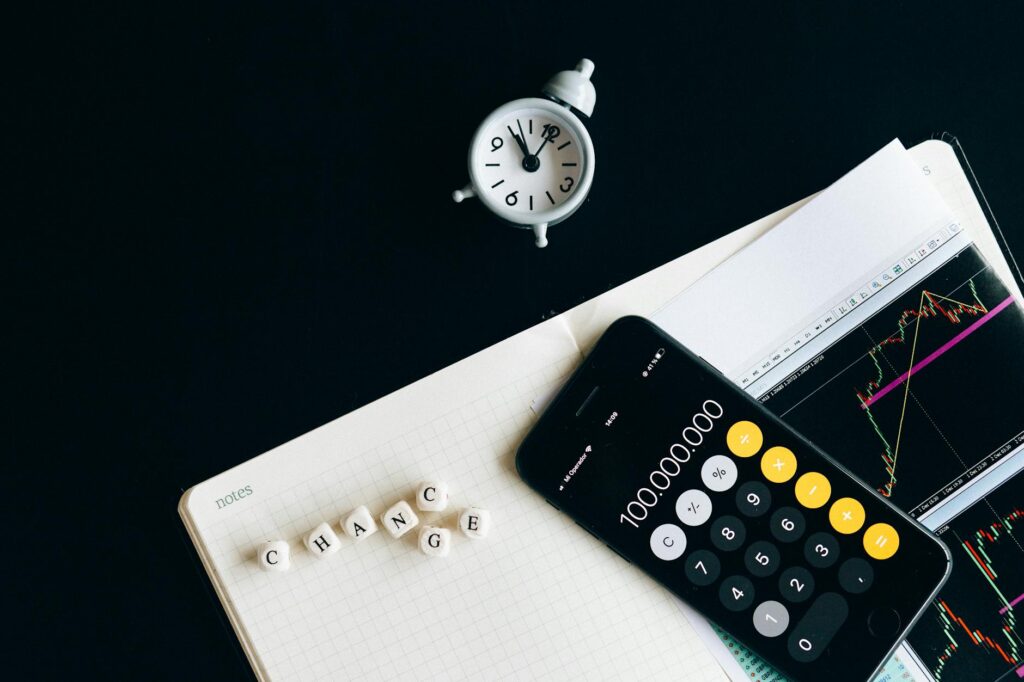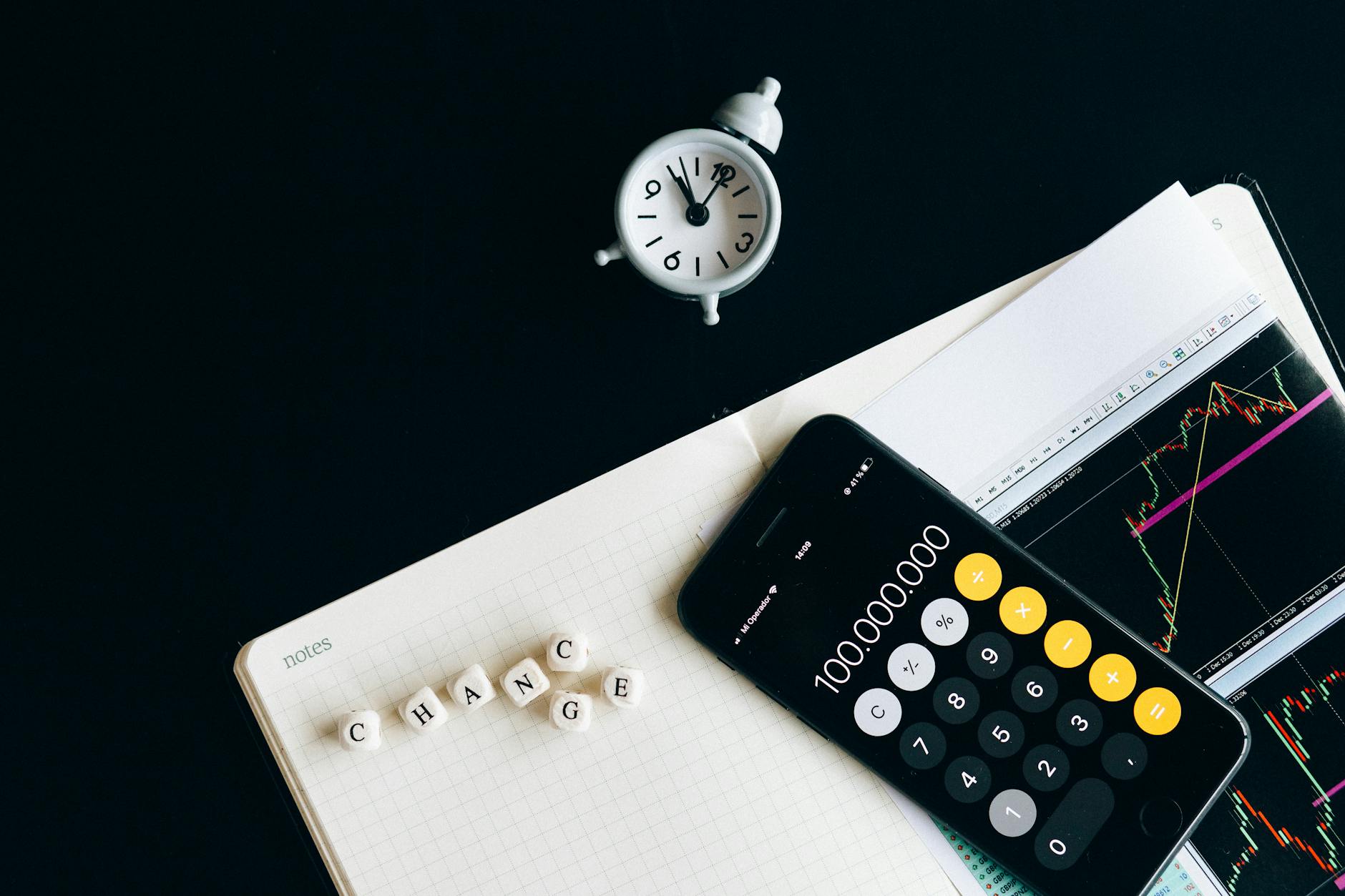What is screen use reflection?

What is screen use reflection?
In our digital world, where screens dominate our daily lives, understanding how we engage with these devices is crucial. Screen use reflection is the practice of assessing our screen time and its impact on our well-being, productivity, and personal development. As we juggle personal, professional, and social responsibilities, taking a moment to reflect on our screen habits can be a powerful step toward a more balanced life.
Understanding Screen Use Reflection
To fully grasp the essence of screen use reflection, let’s break it down.
What is Screen Use Reflection?
Screen use reflection is the conscious act of evaluating how and why we use screens—whether for work, leisure, or social interaction. This involves analyzing daily screen time, assessing the quality of that time, and recognizing its effects on our lives. The key components of this practice include:
- Awareness: Recognizing how much time we spend on screens.
- Assessment: Considering the purpose of our screen time—are we being productive, or is it mindless scrolling?
- Adjustment: Making necessary changes to improve our screen habits.
The Importance of Reflecting on Screen Time
Why should we bother with this reflection? The answer lies in the benefits it brings to our personal and professional lives. Reflecting on screen time is vital for several reasons:
- Mental Health: Excessive screen time can lead to anxiety and depression. By reflecting, we can identify triggers and take steps to mitigate these effects.
- Productivity: Understanding how screen time affects our output can lead to better focus and efficiency.
- Personal Development: Reflecting on screen use can reveal patterns that either support or hinder our growth.
Techniques for Effective Screen Use Reflection
Now that we understand the concept, let’s explore practical techniques for effective screen use reflection that can help you lead a more balanced life.
Setting Screen Time Goals
The first step to better screen use is setting realistic goals. Start by determining how much time you want to spend on screens each day. Consider your personal and professional needs. For instance, if you work long hours on a computer, aim to limit recreational screen time. Set achievable milestones, and remember to reassess regularly. This approach aligns with the SMART criteria—specific, measurable, achievable, relevant, and time-bound.
Using Apps and Tools for Reflection
Take advantage of technology to enhance your reflection process. There are several tools and apps available that track and analyze screen time:
- RescueTime: This app helps you understand how you spend your time on devices, providing insights to improve productivity.
- Moment: Moment tracks your daily screen usage and even allows you to set limits.
- Screen Time: Built into many smartphones, this feature shows how much time is spent on various apps.
Using these tools can provide a clearer picture of your habits, empowering you to make informed changes.
Creating a Daily Reflection Habit
Incorporating reflection into your daily routine is key. Here are a few strategies:
- Journal: Spend a few minutes each day writing about your screen use. What did you do? How did it make you feel?
- Set Reminders: Use your phone to remind you to reflect on your screen use at the end of each day.
- Family Discussions: Involve your family in discussions about screen time. Sharing experiences can provide new insights and encourage accountability.

Photo by Nataliya Vaitkevich
Benefits of Screen Use Reflection
Embracing screen use reflection can yield numerous benefits that enhance your overall quality of life.
Enhanced Productivity and Focus
When you reflect on your screen time, you can identify distractions and patterns that hinder your productivity. With this information, you can adjust your habits, leading to improved focus and efficiency in your tasks.
Improved Work-Life Balance
Understanding your screen habits can help you maintain a healthier work-life balance. By recognizing when you’re working excessively or spending too much time on social media, you can create boundaries that allow for personal time and family interaction.
Increased Self-Awareness and Development
Regular reflection fosters self-awareness. You’ll start to notice how your screen time affects your mood, energy levels, and overall well-being. This understanding can catalyze personal growth, helping you make more intentional choices.
Conclusion
In this digital age, screen use reflection is not just a nice-to-have; it’s a necessity for anyone looking to improve their productivity and well-being. By evaluating your screen habits, setting goals, and using helpful tools, you can significantly enhance your quality of life. Start incorporating screen use reflection into your daily routine today, and watch as your productivity, mental health, and self-awareness flourish.